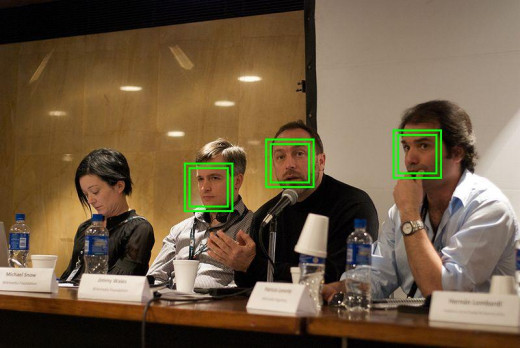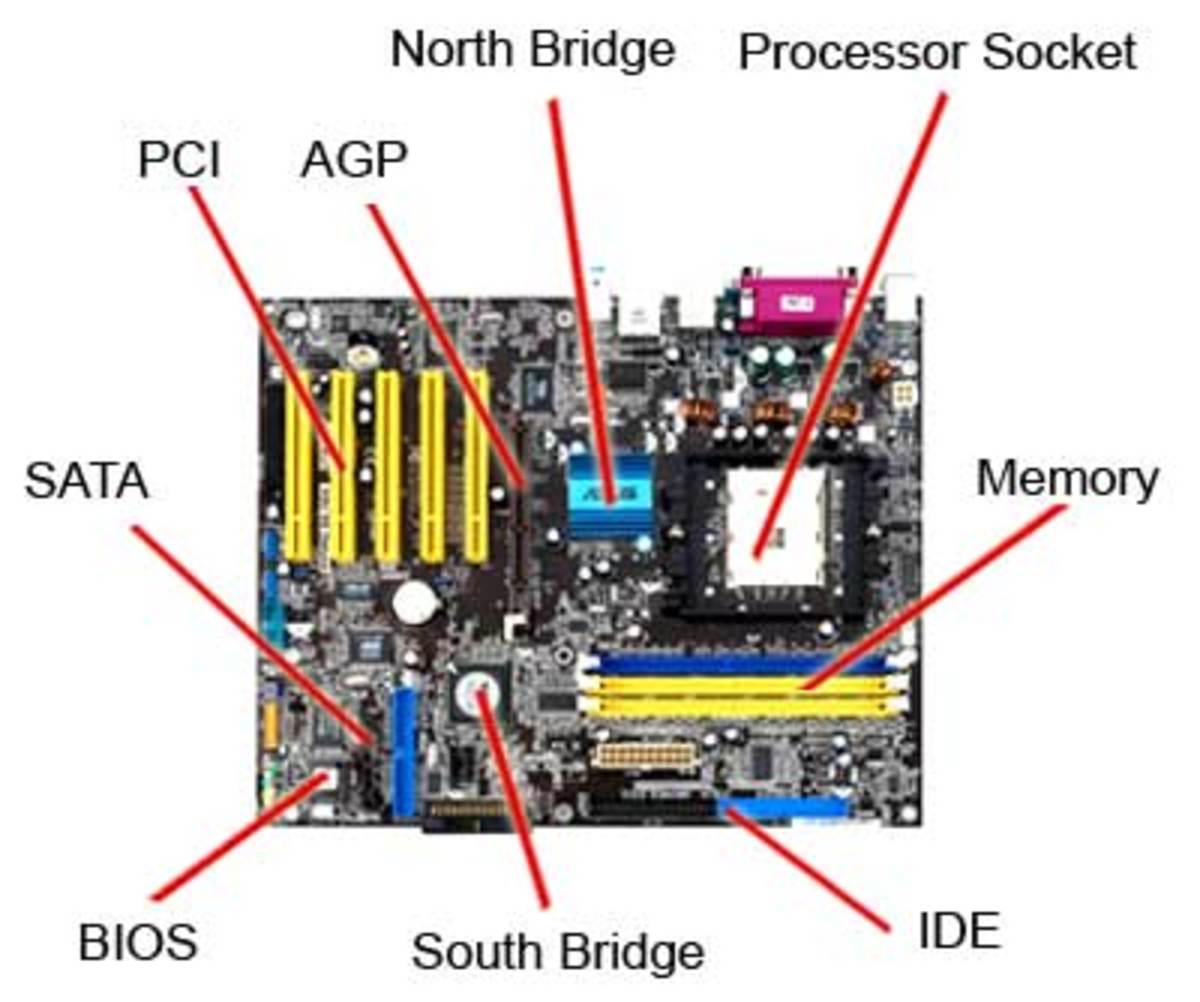Deepface Facebook Artificial Inteligence Facial Recognition

Face Recognition Software
Artificial intelligence facial recognition has been around for a number of years with many applications been developed. Applications such as billboards that display ads based on the purchase behaviour of the consumer have been around for some time now.
While these programs were major developments in facial recognition, Facebook’s recently unveiled DeepFace program takes facial recognition to a whole new level. Face recognition software will never be the same again as Facebook unveils its latest invention that is bound to make a big difference in the way people use the social media platform.
What is DeepFace?
DeepFace is Facebook’s artificial intelligence facial verification program that can tell whether two faces are the same. The difference between DeepFace and other face recognition programs is the accuracy which stands at over 97%.
This level of recognition accuracy is comparable to that of human beings which is about 98%. One advantage of the program is that it is able to turn images so that they face in a forward direction for ease of recognition.
The problem with face recognition software
Anonymity will be a thing of the past if the new program becomes widely used. You will not be able to walk the streets without everybody knowing about you. Imagine if the facial recognition software is used together with Google Glass.
Stalking will be harder to control because your stalker will find it even easier to track you down. A person who is stalking you on Facebook will take it to the next level by tracking you down in real life situations.
Theft of identity can happen when the images are stolen and details used to access your bank account. Imagine someone stealing your image and printing it using 3D technology. They would then be able to access your ATM or your property if the devices are using facial recognition technology.
Loss of privacy will be more pronounced because everybody will be able to know every little detail about your life. A recent study revealed how easy it is for someone to figure out your social security number if they know just a few of your details such as your date of birth and home address.
Being spied on by everybody from the government to the criminals will be much easier and cheaper to achieve. The cameras that have been installed everywhere will follow your daily movements will a very keen eye. Spies will be able to build a complete profile from all your movements such as where you shopped, ate and what time you took a pee!
Discrimination of the not so pretty. Can you imagine a world where only the prettiest people will be invited to social gatherings? Event organizers will just need to compare names in the database of photos with the potential guest list. If they think you are not so pretty, they may decide to ‘forget’ to invite you!
Targeted advertisements will increase many times over. You will go crazy by the amount of targeted advertisements that will bombard your life. This is because since marketers will have a clearer profile of you, they will design ads for any situation you may be in and offer them to you. For example, if you like coffee, you will find that everywhere you go there are billboards displaying coffee ads.
The Future of Face Recognition Software
The movement towards using face recognition software on social media platforms has raised a number of concerns around the world and it will be telling to see the kind of legal opinions that result from the litigation that is definitely expected to arise. Though Faacebook has said that the software was developed for purposes of scientific curiosity, it is not unlikely that aspects of it may eventually be introduced, albeit stealthily.
It is very difficult to think of any positive thing to come out of Facebook’s DeepFace technology. Privacy advocates are already up in arms against this kind of technology and the recent ban in the European Union at least provides some relieve.
Facebook has termed the research on DeepFace as a form of ‘intellectual curiosity’ but it is not hard to see how the technology can be beneficial to their business. What you need to do now is disable all features that collect any of your private information even if they seem to be harmless.






